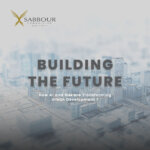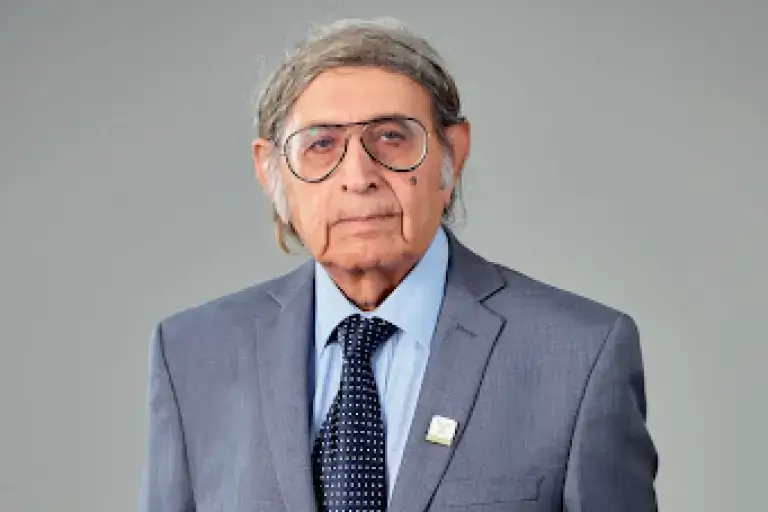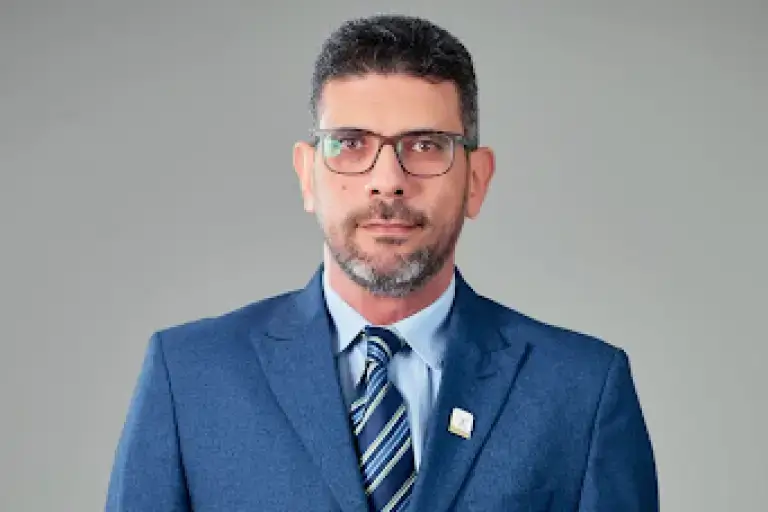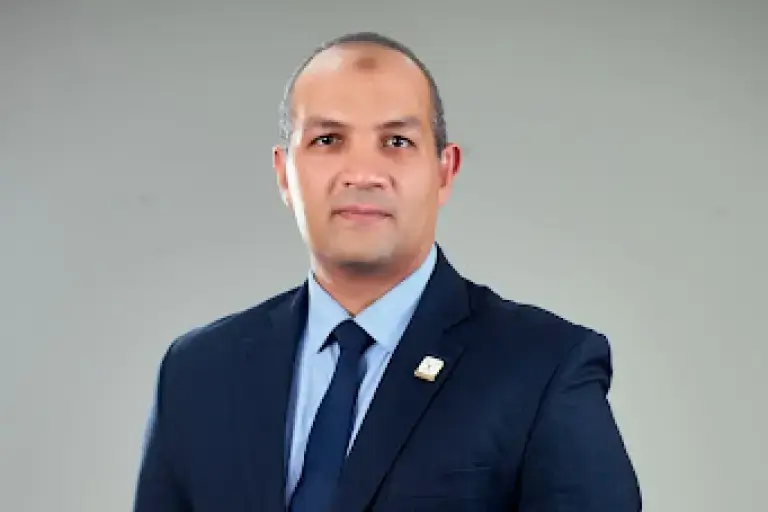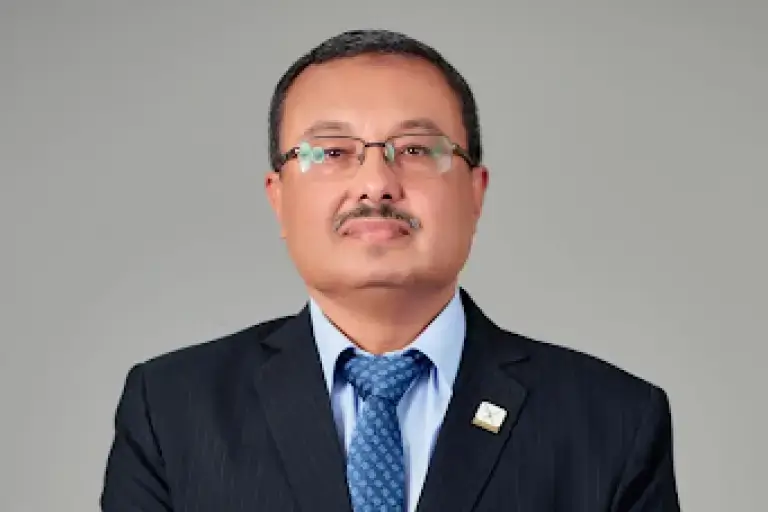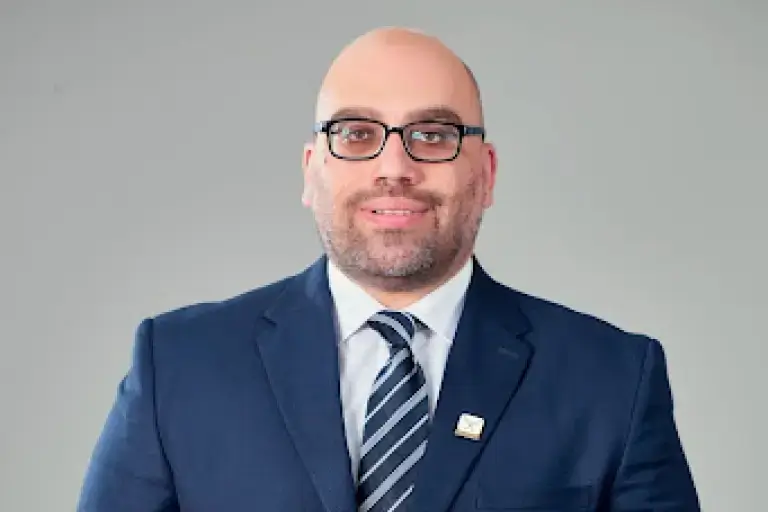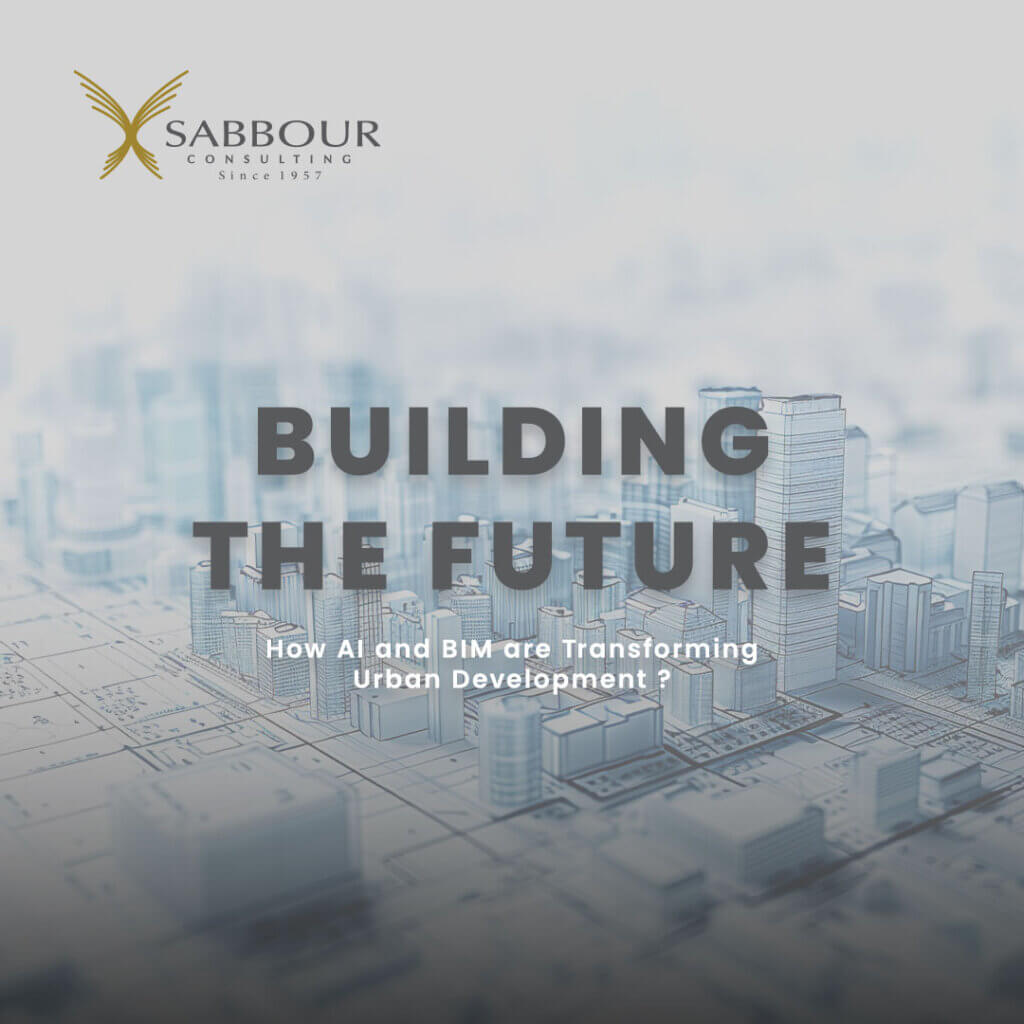
Building the Future How AI and BIM Are Transforming Urban Development
Building the Future How AI and BIM Are Transforming Urban Development
The dynamic and complex ecosystem of businesses coupled with customer demands, along with the need for responsiveness and adaptability underscores the importance of advanced technological innovations. This makes today’s supply chain interactions increasingly dynamic given the vital role of information technologies (IT) such as Building Information Modeling (BIM). This creates a new form of competition between supply chains (SCs) rather than between individual companies. These competitive dynamics shall be transformed into a form of integration among supply chain partners. Therefore, the utilization of digital transformation (DT) within workplaces has become a key focus, aiming to foster this integration and create new opportunities.
Figure 1-1 Conceptual Overview of emerging AEC industry structure models

Figure 1-2 AEC industry integration efforts by BIM and Intelligent technologies
In Sabbour and over six decades of urban development, which includes: infrastructure, residential, hospitality, education, and mixed-use development, we are embracing this new era where smart technology and BIM are reshaping how cities are built. Furthermore, we are embracing Industry 4.0-driven supply chain integration practices to better organize information, processes, human resources, more reliable project lifecycle, and supply chains for improved integration, as artificial intelligence is no longer a futuristic tool; it’s a practical advantage.
From Concept to Construction – Smart Tools Enhance Every Stage
Industry 4.0 and BIM technologies in the architectural, engineering, and construction (AEC) industry become recognized in the processes of planning, design, construction, and operation of the facility through providing a high accurate virtual model of a digitally constructed building.
Generative design revolutionizes the early concept stage by replacing manual trials with data-driven exploration. Instead of developing a limited number of options, advanced digital tools can generate dozens — even hundreds — of design alternatives within minutes. Each option is automatically adjusted for factors like budget, sustainability goals, density, and site conditions. That means less time spent on trial and error, and more time focusing on the best-performing solutions. Each option is automatically optimized according to parameters such as budget, sustainability targets, density, and site conditions.
At the operational level, smart clash detection significantly improves accuracy and coordination during the design stages and phase. By analyzing BIM models in real time, the system automatically identifies potential conflicts between structural, mechanical, and electrical systems before construction begins. The outcome is greater project certainty — with fewer costly change orders, reduced delays, and substantially lower rework costs.
Site Optimization and Smart Planning
Intelligent Technology: Redefining Site Intelligence, it is transforming how we understand and plan land use. By analyzing environmental data — such as sunlight, wind, traffic, and soil conditions — it helps determine the most efficient site layouts and building orientations.
The result is enhanced performance and comfort, alongside lower operational costs throughout the asset’s lifecycle.
The Business Case: Lower Risk, Higher Return
For decision-makers, these improvements create direct and measurable value. Smart BIM reduces rework by up to 30%, shortens delivery timelines by months, and strengthens compliance by spotting regulatory issues long before permitting. The result is higher returns, better project control, and fewer disputes — turning large, complex developments into predictable and manageable investments.
 Figure 2‑3 Anticipated global cost savings of digital technology in
Figure 2‑3 Anticipated global cost savings of digital technology in
Non-residential AEC industry in 2025
Beyond Construction – A Digital Asset for Life
The power of BIM doesn’t stop at handover. With smart technology, BIM models become “living” digital twins — dynamic versions of built assets that support operations, maintenance, and future upgrades. Facility managers can predict equipment failure before it happens, governments can plan infrastructure expansions with precision, and developers can extend asset life cycles with minimal disruption.
At Sabbour Consulting, this isn’t just a vision; it’s how we deliver projects today. By combining our engineering heritage with the intelligence of digital systems and the precision of BIM, we’re helping governments, developers, and investors across the region build more than projects — we’re building reliability, resilience, and long-term value.
The next generation of cities will be shaped not only by great design but by the data and intelligence behind it. And at Sabbour Consulting, we’re proud to be leading that transformation.
Conclusion
As the built environment continues to evolve, success will belong to those who understand that innovation is not a trend, it is a discipline. The integration of intelligent systems and digital precision is redefining how we envision, execute, and sustain our cities. It’s no longer about constructing buildings but about creating enduring value for communities and generations to come.
At Sabbour Consulting, our mission remains constant: to bridge engineering excellence with future-ready solutions that strengthen resilience, efficiency, and human experience. By uniting our decades of expertise with the transformative power of data-driven design and connected thinking, we continue to build the foundation of tomorrow’s cities, one informed decision, one integrated project, and one sustainable step at a time.
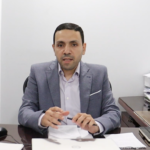
Contributed by: Eng. Ahmed Youssef
Specialized Design Planning and Control Manager

